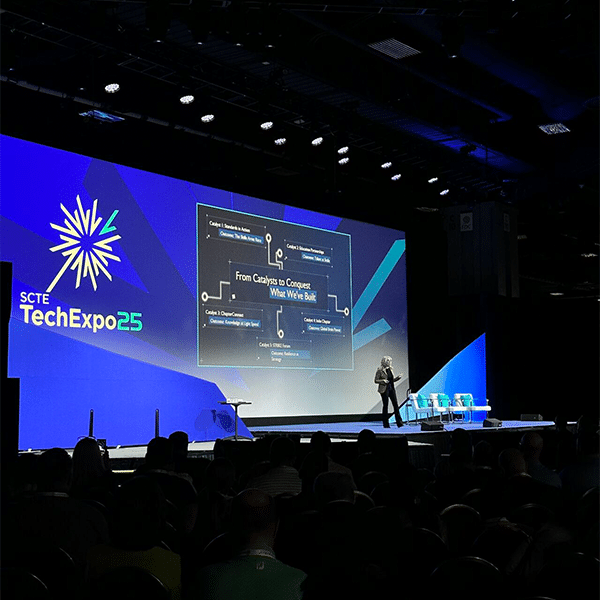The Federal Communications Commission (FCC) is poised to end price regulations on legacy circuit-based business data services (BDS) provided by incumbent local exchange carriers (ILECs). High-capacity BDS connections have historically been used to transmit voice and data traffic for schools, hospitals, and businesses over dedicated facilities.
The plans came in the form of a notice of proposed rulemaking (NPRM), a third further notice of proposed rulemaking (FNPRM), and an order adopted this week.
If adopted, the NPRMs would end price regulation for legacy business data services, including DS-1 and DS-3 circuits, which have a capacity of 1.5Mbps and 45Mbps, respectively.
Deregulation would put these services on par with modern packet-based business data services, which have not been subject to the same price controls that apply to the older, slower DS-1 and DS-3 connections.
The order that the FCC adopted this week waives the commission’s rules requiring updates to the competitive market test results by January 2026, pending review of the record in the rulemaking proceeding.
The new FCC moves were issued as part of the “Delete, Delete, Delete” initiative that seeks to “eliminate outdated, unnecessary, and burdensome regulations.”
Business Data Service NPRMs
The NPRMs have somewhat different plans for the nation’s larger price cap carriers and the smaller, more rural rate-of-return carriers.
Rate regulation and tariffing obligations for end user channel termination would be eliminated for both types of carriers. Rate regulation and tariffing obligations for transport services would be eliminated for rate-of-return carriers.
There would be a 24-month transition period during which carriers would be allowed to tariff BDS, followed by mandatory detariffing of these services.
The NPRMs also seek “comment on updates to the competitive market tests using Broadband Data Collection data in light of technological and market developments.”
The Status Quo
According to a report from FCC staff, current price controls apply to about one-third of counties. As of 2024, this meant that 761 rate-of-return carriers were still subject to price controls.
The other two-thirds of counties have already had price controls removed because the areas were deemed competitive or grandfathered. Notably, much of that competition came from cable providers rather than the copper and fiber providers subject to the BDS rate regulations.
When the FCC decided in 2017 not to impose price controls on BDS faster than 45Mbps, it committed to studying price controls on DS-1 and DS-3 connections every three years. Its first two reports came out in 2020 and 2023.
A third triennial report was set to be issued in January of 2026, but Tuesday’s order waives the rules requiring the updates.
The decision to move forward with deregulation comes after many years of debate and discussion about regulating BDS pricing.



